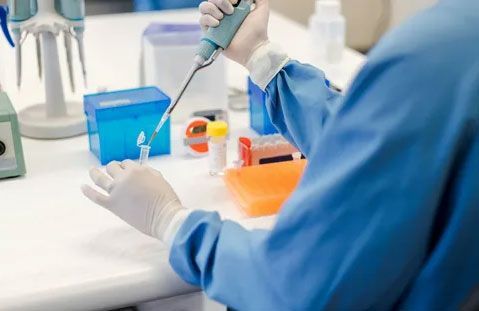4070 Etiwanda Ave. Unit C Jurupa Valley, CA 91752
(Walk-Ins Welcome)
4261 Odyssey Dr. Unit 111 Corona, CA 92883
(Only by Appointment)
How to Handle a Failed DOT Drug Test
The disturbing message you received might be, 'You failed the DOT drug test.' The more you think about it, the more you ask yourself about your job, reputation, and future in this transportation business. However, in this overwhelming feeling, it is crucial ͏to ͏remember that you need not let it hinder your career.
In this article, we explain ͏what you can expect to happen if ͏you fail ͏a drug test and ͏give some advice that can help get you back on track. With the right approach, resources, and ͏support, you will respond to this failure and work ͏your way back to getting back into ͏the industry. Let's have a look at ͏how to handle it ͏all.
What is a DOT Drug Test?
DOT drug testing is an employment process undertaken by the Department of Transportation ͏for safety-sensitive employee’s ͏working in the transportation industry. The goal of the test is to ensure that someone ͏who operates a commercial vehicle does not have any connection to drugs that would impair such a person's performance.
The DOT mandated drug testing for five substances, including:
● Marijuana
● Cocaine
● Opiates
● Amphetamines
● Phencyclidine (PCP).
Through these tests, the DOT ensures that the transport industry will uphold only the highest safety standards and that those who eventually become assigned drivers and operatives will be fit to drive and handle the vehicles.
What are the Reasons for Failing a DOT Drug Test?
There might be various reasons for failing the DOT drug test. Understanding the reasons can help one prepare for future action.
● Substance Use: Illegal drugs or prescription drug abuse are the most prominent causes of failure in a drug test.
● Over-the-counter Medications: Some over-the-counter medicines carry ingredients that could lead to a positive test.
● Prescription Drugs: Using prescription drugs without consulting your employer can end up in a positive result.
● Contaminated Samples: In some cases, specimens get contaminated, causing false positives.
●
Testing Mistakes:
Although less probable, mistakes may occur when testing, including taking samples, labeling, and even lab analysis.
Knowing the reasons above will help personnel avoid mistakes and keep you in compliance with all DOT regulations.
What Happens After a Failed DOT Drug Test
If the employee tests positive by confirmation or an alcohol test reading of 0.04 or greater, they should be immediately removed from safety-sensitive functions, such as those associated with a commercial motor vehicle, until they successfully complete the return-to-duty process with a qualified Substance Abuse Professional (SAP) recognized by the DOT.
How to Handle a Failed DOT Drug Test
A failed DOT drug test can be pretty daunting, but knowing what you have to do will go a bit smoother. Here is how employees can follow a proper procedure for a failed DOT drug test:
● Stay Calm and Informed
When you get a positive report, you should not panic. Panic is most likely to confuse your thinking and your judgment. Once you are informed that you tested positive, familiarize yourself with the DOT drug testing process and everything else that follows so that you can manage yourself in that situation and calm yourself down.
● Understand Your Rights
As a driver, you have rights during this process. During the test, you may request a copy of the result. If the first test comes back positive, you may choose to have a split sample sent to another lab to be assured that it came out positive. Knowing these rights will empower you to stand up for yourself.
● Notify Your Employer
You are expected to inform your employer of the positive test result immediately. In this regard, keeping everything transparent will ensure trust and, coupled with compliance with DOT regulations, allow them to take action in the right direction without losing their job security.
● Seek Guidance from a Substance Abuse Professional (SAP)
If you fail the test, you are directed to a Substance Abuse Professional for an evaluation of substance use and treatment program design. Try to immediately discuss your scenario with SAP honestly so that they can provide proper solutions according to your demands.
● Follow the Recommended Treatment Plan
Complete the treatment program as the SAP recommends, which could include educational workshops, outpatient programs, or inpatient rehabilitation. Participate in counseling during every session for maximum effectiveness in rebuilding your career.
● Prepare for the Return-to-Duty Process
Once you have completed the SAP-recommended treatment, you will need a return-to-duty (RTD) drug test at a certified collection facility. You need to be physically and mentally ready for this test. Gather necessary documentation for the process, such as proof of completed treatment.
● Complete Follow-Up Testing
Once you pass the RTD test, the SAP will inform your employer of other tests, which shall be done. The random tests check for ongoing compliance. You must adhere to the schedule and be honest with your employer to show commitment to your recovery.
● Stay Proactive About Your Recovery
Recovery is a journey of life. Hence, continue to boost your skills to recover after your exams. Join a recovery group like Alcoholics Anonymous (AA) or Narcotics Anonymous (NA) or participate in continuing counseling so you do not go back to indulgence.
● Learn from the Experience
Reflect on events that led to test failure. Discover triggers or stressors that led to substance use and consider life changes such as changing your social habits or seeking support from mental health professionals. This can perhaps be a stepping stone to getting you firm that such incidents should not happen again.
● Rebuild Your Career
After the return-to-duty process is completed and follow-up tests are completed, focus on rebuilding your career. Keep communication open with your employer to reiterate your commitment to safety. A good work ethic and attitude can rebuild your professional reputation. You might also want more education or certifications to enhance your skills.
Conclusion
A failed DOT drug test can be overwhelming, but that's not the end of your career. You can rebuild your professional life through a comprehensive treatment plan, respect for the return-to-duty process, and sticking to sobriety.
Along the way, come to see Dr. Arman Ghodes for taking
DOT drug tests near you. He is fully aware of all the rules and regulations while committed to guiding and caring for his clients throughout the testing and treatment process. With good support and a positive attitude, you will be fine on the other side.
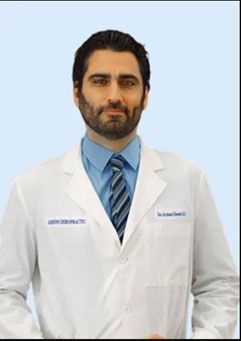
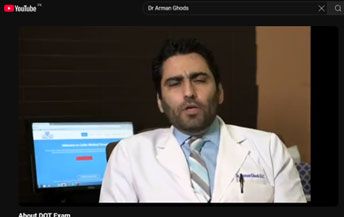
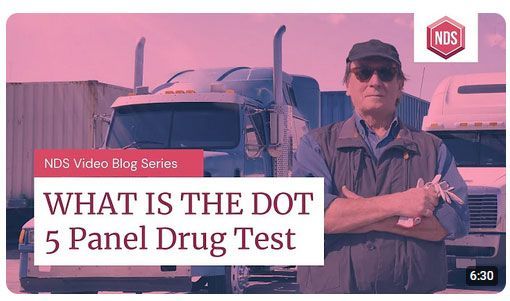

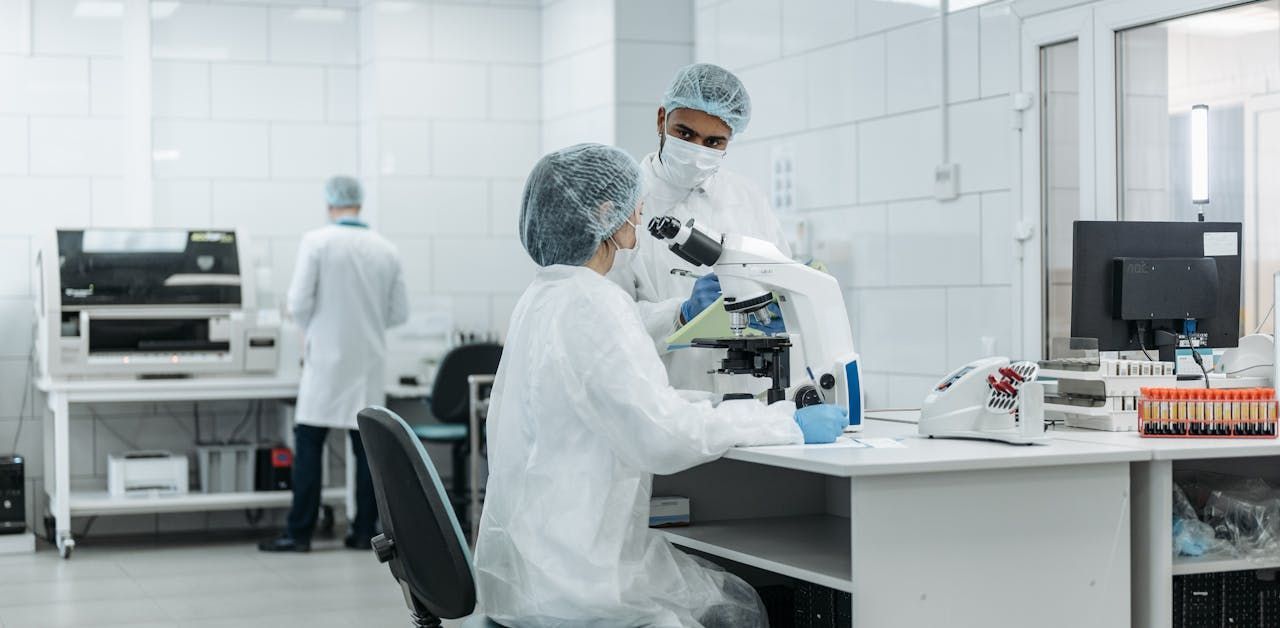

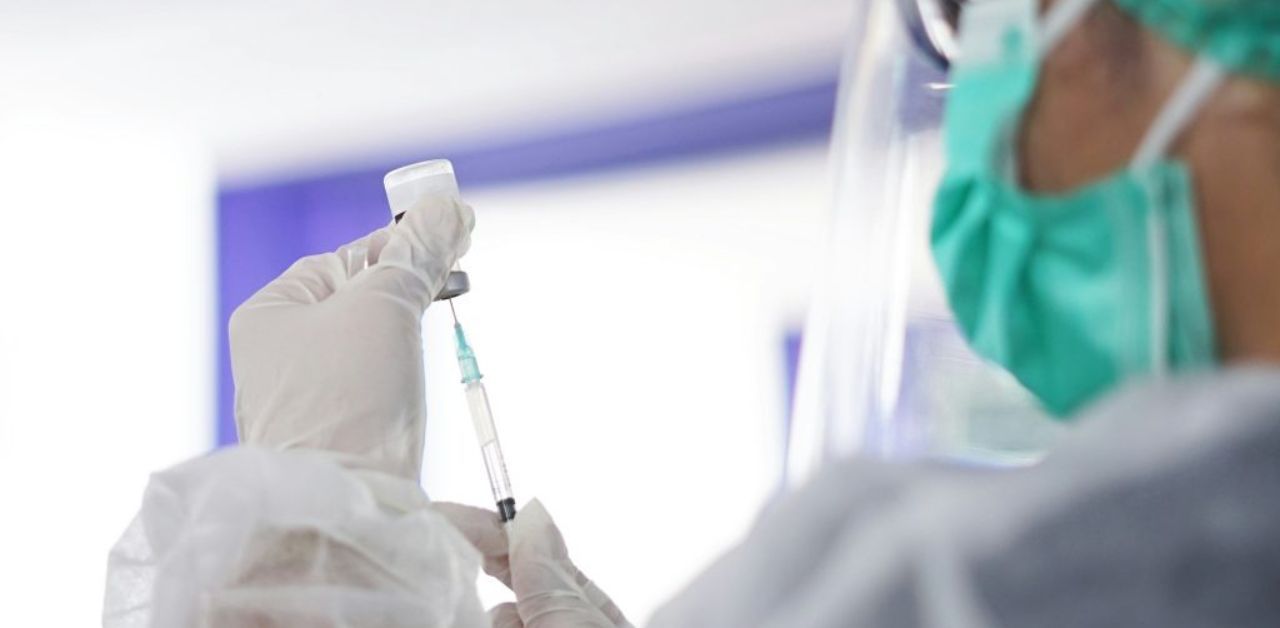
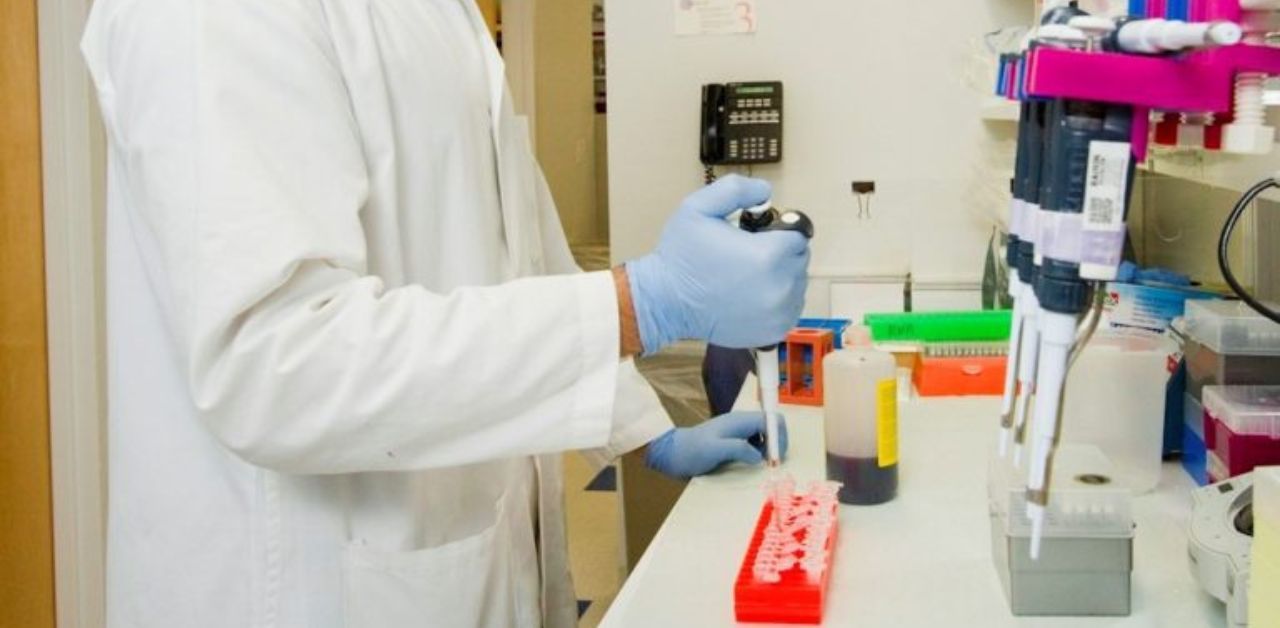
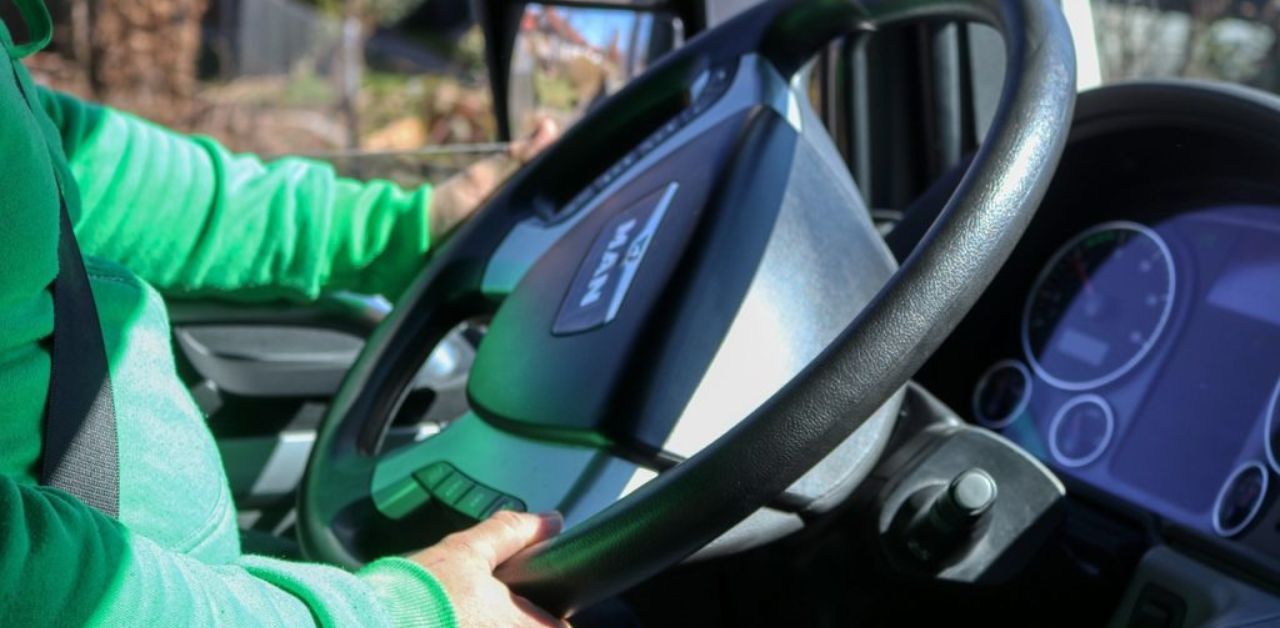
OUR LOCATIONS
Primary Location: 4070 Etiwanda Ave. Unit C Jurupa Valley, CA 91752
Secondary Location: 4261 Odyssey Dr. Unit 111 Corona, CA 92883
(Only by Appointment)
CONTACT INFORMATION
BUSINESS HOURS
Mon - Fri: 9:00 am - 6:00 pm
Sat: 10:00 am - 1:00 pm (Corona Location)
Sun: Closed
Call for after hours (Corona Location)
Certified Medical Examiner NRCME #7855645511
